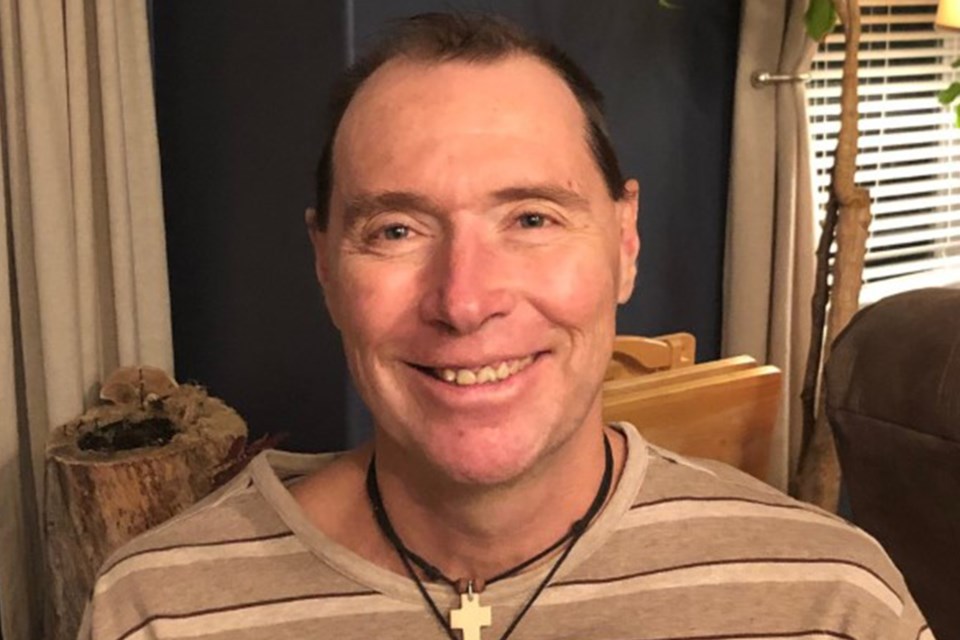OLDS — Certified life wellness coach Darrin Reiss saw firsthand what anxiety can do to people.
“I grew up in a family where it caused a lot of problems,” Reiss said during an interview.
“There was an extreme disability that caused a lot of stress and so I learned ways to deal with it and then I used that to work in the school system and help kids growing up with similar issues.
“My mother spent a lot of time in the only bathroom that we had. And so of course, having to watch that and go through that just created anxiety for me and my siblings and my father too.”
Reiss is one of about nine speakers who can be heard during The Conversation Has To Happen (TCHTH), a series on depression and suicide prevention offered in Olds. He’s speaking about anxiety.
Reiss grew up in Calgary but now lives in Sundre.
He figures the family issues he grew up with eventually led him to his current profession as a life wellness coach.
Another factor was spending more than 20 years coaching junior high and high school athletics.
“I got to spend a lot of time with a lot of different individuals. And when you have them and they’re trying to work as part of a team, it’s not hard to figure out who has confidence, who feels safe and who doesn’t,” Reiss said.
"That just kind of, you know, pushed me more to – it just became easy to want to help. And you know, you put a player in a certain role, based on who they are, how they are and how they feel.
“I worked in the school system with kids and it was that same there. I brought kids with behaviour disorders from different backgrounds, I brought them together in a classroom."
"It’s all about differentiating and letting them know even though we’re different, we’re not so different,” he added with a short laugh.
Reiss said anxiety is “an invisible and insidious illness. And it’s quite inconspicuous. You’re not even really aware that it’s happening until you’re having all these (thoughts and fears).
“It could be physical, which very often it is. And then you’re just wondering, ‘what is wrong with me? What's going on,” he said.
“I think the biggest thing is acknowledging that it’s just something that happens. And because it raises the adrenaline, it’s extremely difficult to slow down and rationalize as to ‘OK, wait a minute, everything here is OK.’
“And I think that’s where it leads to addiction and whatnot. It’s trying to quiet what’s happening, as opposed to – I mean there’s obviously lots of sources, such as meditation, meetings, reading – just properly taking care of yourself and realizing there’s not anything wrong with you.”



